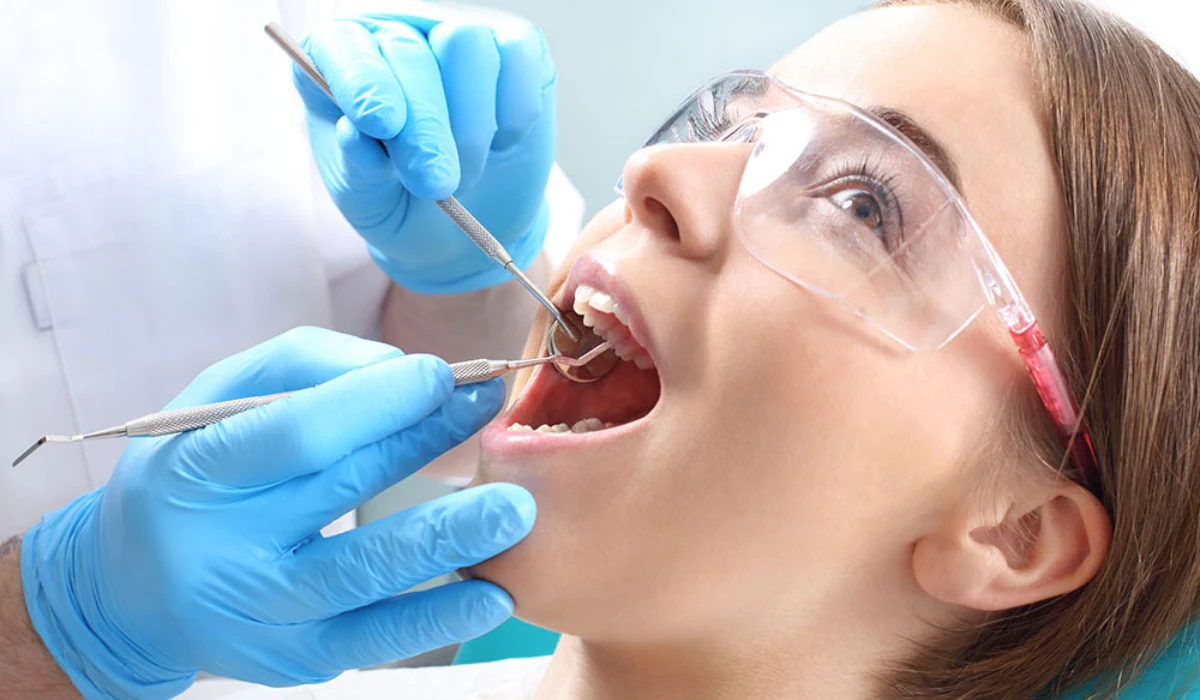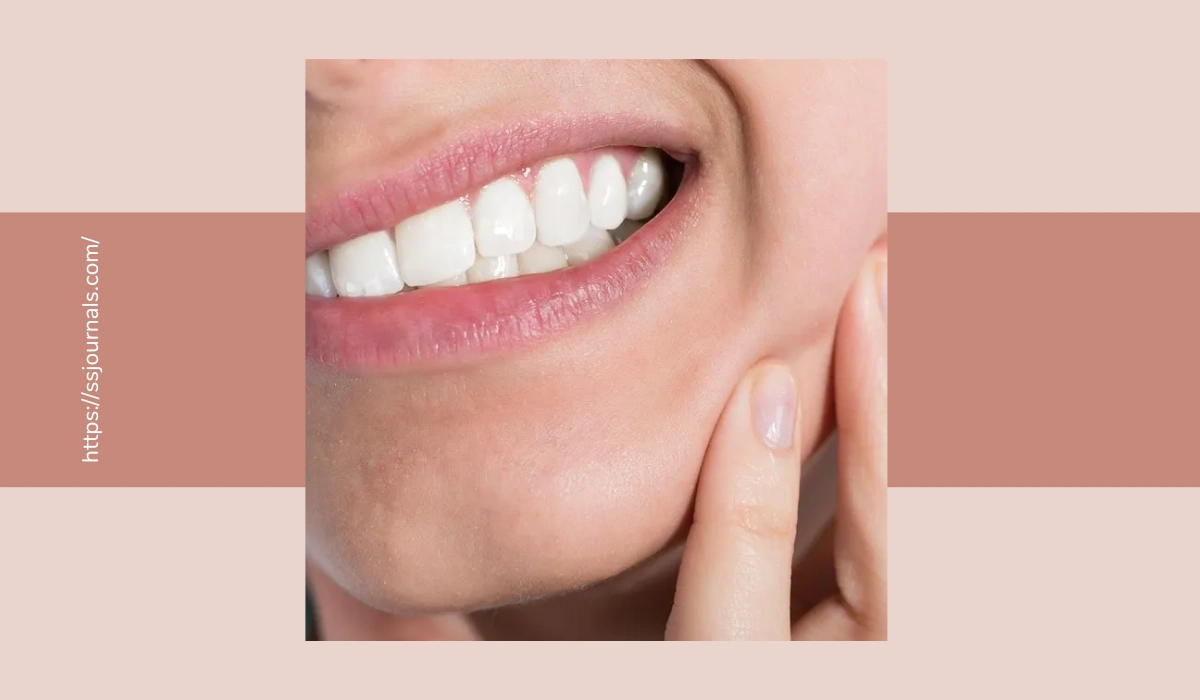Dental Health is often overlooked as the least priority. Most people ignore caring for their tooth which causes its decay and that means it needs to be taken out. But there is also precedence for some teeth to be saved. With proper intervention and the right procedure, you might not need to lose the whole tooth.
A root canal is one such procedure done to help the tooth decay out completely. It is recommended more often than not. But is it safe? Can it ensure your safety? Read the article to know the truth about root canals. Some of them might surprise you!
What are root canals? Why are they done?
Root canals are procedures done by professionals to save the tooth that has decayed. This is not done for a superficial plaque but only for those whose infection has entered the tooth pulp. The major process is to make a hole in the crown and take out the pulp that is damaged. It includes the removal of tissues, blood vessels, and nerves as well.

Now the teeth are shaped to take any changes that could occur while it is filled with gutta-percha a material used to seal the cavity. All this is done with anesthesia and are further sealed off permanently. As complicated as it sounds, we need to get it done for the following reasons-
- Infected pulp- If the tooth pulp is infected, it is important to clean the area before the tooth succumbs to bacteria.
- Dental trauma- When you are in an accident and the tooth pulp is damaged, you might want to go for a root canal.
- Dental procedures- Repeated dental procedures can damage the tooth and cause infections. This means you could go for a root canal to solve the problem once and for all.
- Cracked tooth- Cracked teeth can have problems with their pulp and that is when you should get a root canal.
- Abscess formation- Cavity can cause abscesses in the tooth and that means more space for the germs to live in. To avoid it, the tooth might need to be root-canaled.
Are root canals bad for you?
So root canals help us through all these tooth problems. Mainly, it can help save the tooth when the only other option is extraction which means missing tooth, a change in facial structure, and messy alignment. It could also cause issues while chewing food but is root canal all good? Does it not have any side effects?
Root canals are not bad for us in a general sense as they could really help us out in a critical situation but lately, several pieces of evidence are coming up that show the adverse effects of root canals.
Many are anecdotal but the researchers are still wracking their brains to find out the truth in them. So whatever the results might be we would still want to put them out for you to make an informed decision. So root canals are considered to be a problem in some cases because-
- Focal infection theory- This theory suggests that since root canals enter deep into the nerves, it could be possible that the procedure leads to additional illness that could be chronic and go on for a long time. To support this theory, anecdotal proof has been given. However, when it comes to scientific research on the same, there is no solid proof and no relation between the both has been established as of now.
- Pain during the procedure- Just reading about the procedure could make our blood curl so it is obvious that the procedure is painful. Some individuals have admitted to feeling an extreme sense of pain during and after the procedure. However, several advancements have been made in that sector and now anesthesia is also given to reduce the pain.
- Loss of tooth vitality- Since the root canal is known to remove the nerves and pulp in the tooth, it is possible that the tooth is not useful anymore even though it is saved. The first part is true but the tooth doesn’t lose itself even if the nerves come out. Tissues around the tooth provide it with enough nutrients that can help it survive and thrive.
- Antibiotics could do the work- Individuals believe that taking antibiotics alone can help the teeth from decaying. But that is not true, as antibiotics cannot go inside the tooth and work it out.
- Go for extraction- There is a theory that a root canal is not the right solution but you can always go for extraction which is far more safer and effective. Researchers believe that saving the natural tooth is always better than replacing it with artificial ones or going toothless.
Many of these theories lack matter and therefore cannot be supported fully. Its advantages have to be looked into and that outweighs its cons.
Advantages of root canal
Some of the advantages of a root canal are-
1. Preserving natural teeth- It is always a better choice to preserve your natural teeth than taking them out.
2. Pain relief- A decayed tooth can be a painful event and that is when you need to opt for a root canal instead of taking pain medicines all the time.
3. Prevention of further infection- To guarantee the infection is not spread to the nearby parts, it is important to get a root canal.
Conclusion
We do agree that root canals are a difficult procedure to undergo especially with the use of anesthesia, the risk could be doubled but we have to look at it from another perspective. This means you should be looking at the alternative which means removing the tooth.
Not only will you lose a tooth but also cause problems in eating, chewing, and all other necessary functions a tooth is used for.
Additionally, you might also want to take care of the alignment as each tooth has its position making it tightly packed. The best solution to all the problems is cleaning your teeth regularly without fail so that it doesn’t get infected.

